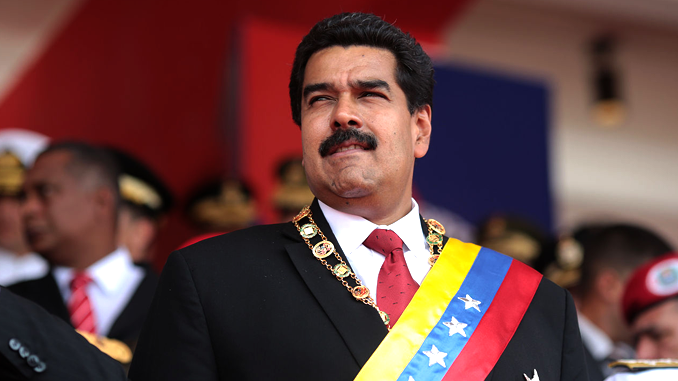
Beginning in January, a challenge arose to Venezuelan leader Nicolas Maduro. His consolidation of power caused an opposition figure to rise, Juan Guaido. Guaido was promoted by the United States and more than fifty other nations; Maduro was supported by Russia, China, Iran and a handful of small nations.
International support isn’t as important as internal support. Maduro maintained power due to his control over the military. Opposition leaders were jailed or put under house arrest. Foreign news agencies were banned from the country and local news reporters found themselves being directly censored. Crackdowns were initiated against those who would join in public protests.
Guaido had hope, however, from three sources. First, the Venezuelan people themselves. Though forcibly disarmed years earlier, the populace was plainly in favor of a change from Maduro, as evidenced by the statements of those who fled the country and the large groups of protesters which amassed at the beginning of the uprising. Second, Brazil and other bordering countries. Most of them pledged direct support to Guaido, whether out of sympathy for the plight of their neighbors or simple frustration about the refugees flooding across their borders. Lastly, the United States, a powerful force in the region with military, economic and political dominance.
It is six months later. The President released a tweet:
It has been received very warmly by his supporters:
There are a few problems with this reaction. First, and foremost, is the inability of the State Department to verify the statement. That indicates one of two things: either Trump is simply lying, or he has been informed directly by a Russian representative and he has enough trust in the Russians to repeat their statements as certainty. Either possibility bodes poorly.
Second is the fact that, even if it is true, it indicates nothing positive. When the conflict in Venezuela began, there were no Russians in Venezuela. They went in to prevent the U.S. from entering the conflict there while the public battle between Maduro and Guaido was occupying the international eye. Maduro is still in control and very little has been heard from Guaido. Maduro’s crackdown seems to have been successful. There is no need to have Russian operatives there if Maduro has reestablished firm control.
It is possible that Maduro is seeing the end of his reign, and Russia is pulling out in preparation of him stepping down or fleeing. If that were the case, it is unlikely that the few news stories trickling out of Venezuela right now would be things like this:
Venezuelan ex-oil workers go on hunger strike as desperation increases – NBC news
Fuel shortage pushes Venezuelans to buy gasoline in Brazil – Rio Times
The truth behind Venezuela’s blackouts – BBC
Life is terrible in Venezuela, which was among the most prosperous nations in South America for much of the 20th century. An impasse where Maduro remains in charge, the people remain starved and impoverished, and the U.S. is casually repeating Russian talking points is not something to celebrate.

1 Trackback / Pingback
Comments are closed.